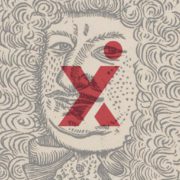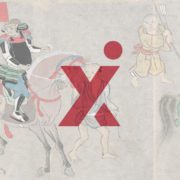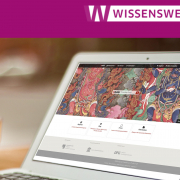(See English below)
Wir freuen uns sehr Ihnen den Vortrag von Herrn Dr. Martin Gehlmann (Ruhr-Universität Bochum) mit dem Titel „Consolidating the Ritual Landscape of Late Chosŏn Society: The Sarye p’yŏllam 四禮便覽 (The Manual of the Four Rites)“ am Donnerstag, den 20.4.2023 ab 18 Uhr im Simon-Bolivar-Saal (Potsdamer Straße 33, 10785 Berlin) anzukündigen.
Sarye p’yŏllam (四禮便覽) is a four-volume Korean ritual manual compiled by scholar-official Yi Chae 李縡 (1680–1746) in 1746. The manual is one of the most elaborate attempts to create a practical handbook of the family rituals that defined both life and death in the Confucian society of the late Chosŏn dynasty. It offers both theoretical background and practical advice on the ceremonies that accompanied the four most important events in individual and family life: coming-of-age, marriage, funeral rites and ancestor worship. Given the utmost importance of these events, the manual not only provides detailed information on every step of the respective ceremonies, but also on the proper forms of ritual clothes, ritual utensils, sacrificial food, and the hierarchical arrangement of participants. The manuscript of the manual was prepared by Yi Chae until his death in 1746, after which it was collated, corrected, and already put to use by his disciple Pak Sŏngwŏn 朴聖源 (1697–1767). Later, Yi Chae’s grandson Yi Ch’ae 李采 (1745–1820) continued to prepare the manuscript and the first woodblock prints were produced in 1844. The Sarye p’yŏllam became the most widely used compact handbook for the four rituals in the diverse and ever-changing ritual landscape of the late Chosŏn society.
Die Vortragssprache ist Englisch. Wir bitten Sie um Voranmeldung für den Vortrag unter: ostasienabt@sbb.spk-berlin.de und eine kurze Mitteilung falls Sie einen barrierefreien Zugang benötigen. Die Veranstaltung wird gefilmt.*
Der Vortrag wird darüber hinaus via Webex gestreamt und aufgezeichnet. Sie können am Vortrag über Ihren Browser ohne Installation einer Software teilnehmen. Klicken Sie dazu unten auf „Zum Vortrag“, folgen dem Link „Über Browser teilnehmen“ und geben Ihren Namen ein.
Alle bislang angekündigten Vorträge finden Sie hier. Die weiteren Termine kündigen wir in unserem Blog und auf unserem Twitteraccount an.
—
We are very pleased to announce the lecture by Dr. Martin Gehlmann (Ruhr-Universität Bochum) entitled „Consolidating the Ritual Landscape of Late Chosŏn Society: The Sarye p’yŏllam 四禮便覽 (The Manual of the Four Rites)“ on Thursday April 20, 2023 from 6pm in the Simon Bolivar-Saal (Potsdamer Straße 33, 10785 Berlin).
Sarye p’yŏllam (四禮便覽) is a four-volume Korean ritual manual compiled by scholar-official Yi Chae 李縡 (1680–1746) in 1746. The manual is one of the most elaborate attempts to create a practical handbook of the family rituals that defined both life and death in the Confucian society of the late Chosŏn dynasty. It offers both theoretical background and practical advice on the ceremonies that accompanied the four most important events in individual and family life: coming-of-age, marriage, funeral rites and ancestor worship. Given the utmost importance of these events, the manual not only provides detailed information on every step of the respective ceremonies, but also on the proper forms of ritual clothes, ritual utensils, sacrificial food, and the hierarchical arrangement of participants. The manuscript of the manual was prepared by Yi Chae until his death in 1746, after which it was collated, corrected, and already put to use by his disciple Pak Sŏngwŏn 朴聖源 (1697–1767). Later, Yi Chae’s grandson Yi Ch’ae 李采 (1745–1820) continued to prepare the manuscript and the first woodblock prints were produced in 1844. The Sarye p’yŏllam became the most widely used compact handbook for the four rituals in the diverse and ever-changing ritual landscape of the late Chosŏn society.
The lecture will be held in English. We kindly ask you to register in advance at: ostasienabt@sbb.spk-berlin.de, and to let us know if you need barrier-free access. The event will be filmed.*
The lecture will also be streamed and recorded via Webex. You can take part in the lecture using your browser without having to install a special software. Please click on the respective button “To the lecture” below, follow the link “join via browser” (“über Browser teilnehmen”), and enter your name.
You can find all previously announced lectures here. We will announce further dates in our blog and on Twitter.
*Mit Ihrer Teilnahme an der Veranstaltung räumen Sie der Stiftung Preußischer Kulturbesitz und ihren nachgeordneten Einrichtungen kostenlos alle Nutzungsrechte an den Bildern/Videos ein, die während der Veranstaltung von Ihnen angefertigt wurden. Dies schließt auch die kommerzielle Nutzung ein. Diese Einverständniserklärung gilt räumlich und zeitlich unbeschränkt und für die Nutzung in allen Medien, sowohl für analoge als auch für digitale Verwendungen. Sie umfasst auch die Bildbearbeitung sowie die Verwendung der Bilder für Montagen. / By participating, you grant the Stiftung Preußischer Kulturbesitz and its subordinate institutions free of charge all rights of usage of pictures and videos taken of you during this lecture presentation. This declaration of consent is valid in terms of time and space without restrictions and for usage in all media, including analogue and digital usage. It includes image processing and the usage of photos in composite illustrations. German law will apply.

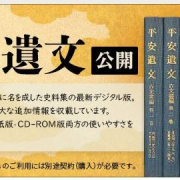

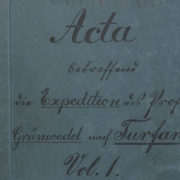
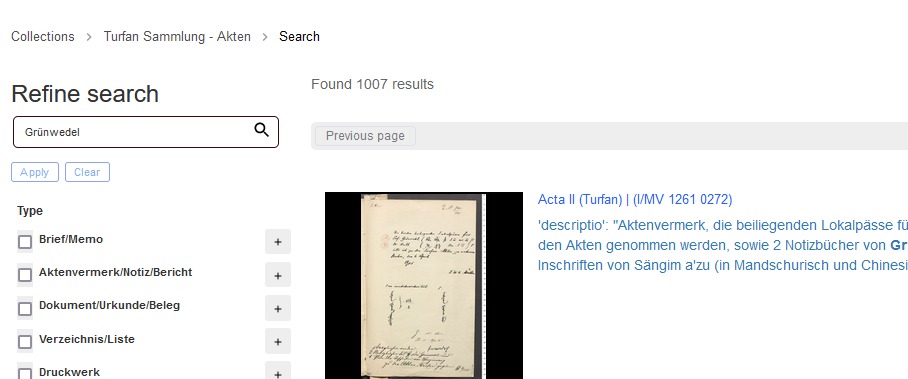
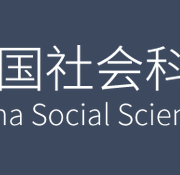
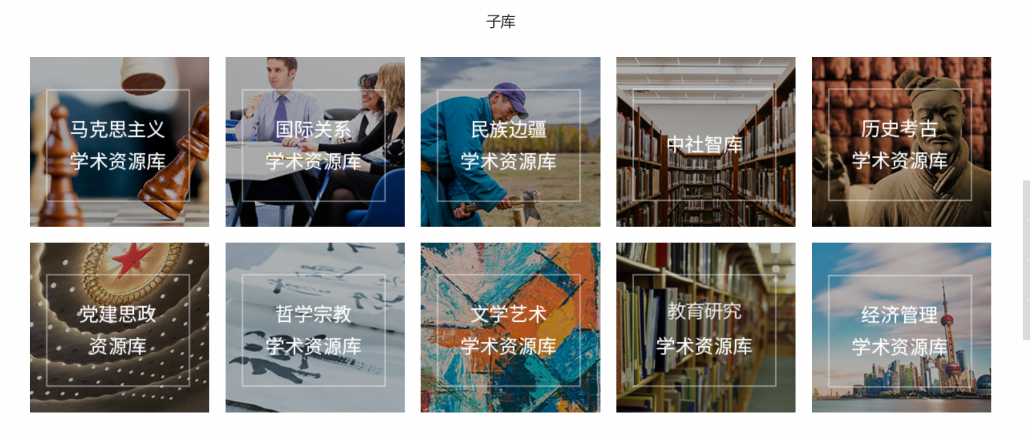
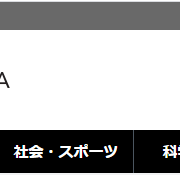
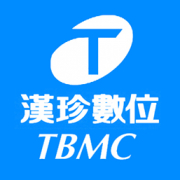
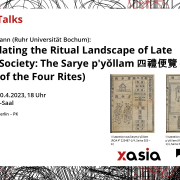 SBB-PK
SBB-PK